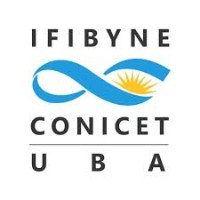Learning new vocabulary can be characterized by a great deal of individual variability. Brain activity patterns at rest are associated with various cognitive abilities, but their implication in the formation of linguistic memories has not been determined so far. In this study we hypothesize that the level of word learning obtained by an individual will differentially modulate the spontaneous activity of the brain after the task. The protocol consists of 4 stages: first, subjects perform a series of neuropsychological tests: digit span, phonological and semantic fluency, in order to have a general measure of their short-term memory and their language abilities. Second, the first EEG recording at rest (eyes-closed) is performed, which serves as a baseline. Afterwards, a word learning task is carried out, where participants have to learn the names and definitions of nine novel words. Finally, the EEG activity is recorded again at rest for 5 min. We carried out a spectral analysis, determining the intensity of the various frequency bands and compared both resting state periods with nonparametric statistical analysis. Our preliminary results show a positive correlation between alpha power (8-12 Hz) and the memory for new definitions. Besides, the obtained topography reveals a right lateralization, in coincidence language processing studies. We plan to study the synchronization for alpha between specific brain areas involved in memory and language.
P#58
Not so resting state: Signatures of word memory consolidation during resting-state EEG
Nicole Coaker
- Ciudad Universitaria,
- Argentina
- Nicole Coaker ¹
- , Leonardo Molano Ramírez ²
- , Laura Kaczer ¹
- , Luz Bavassi ¹
- 1 Laboratorio de Neurociencias de la Memoria, IFIBYNE, UBA, CONICET
- 2 Centro Atómico Bariloche

